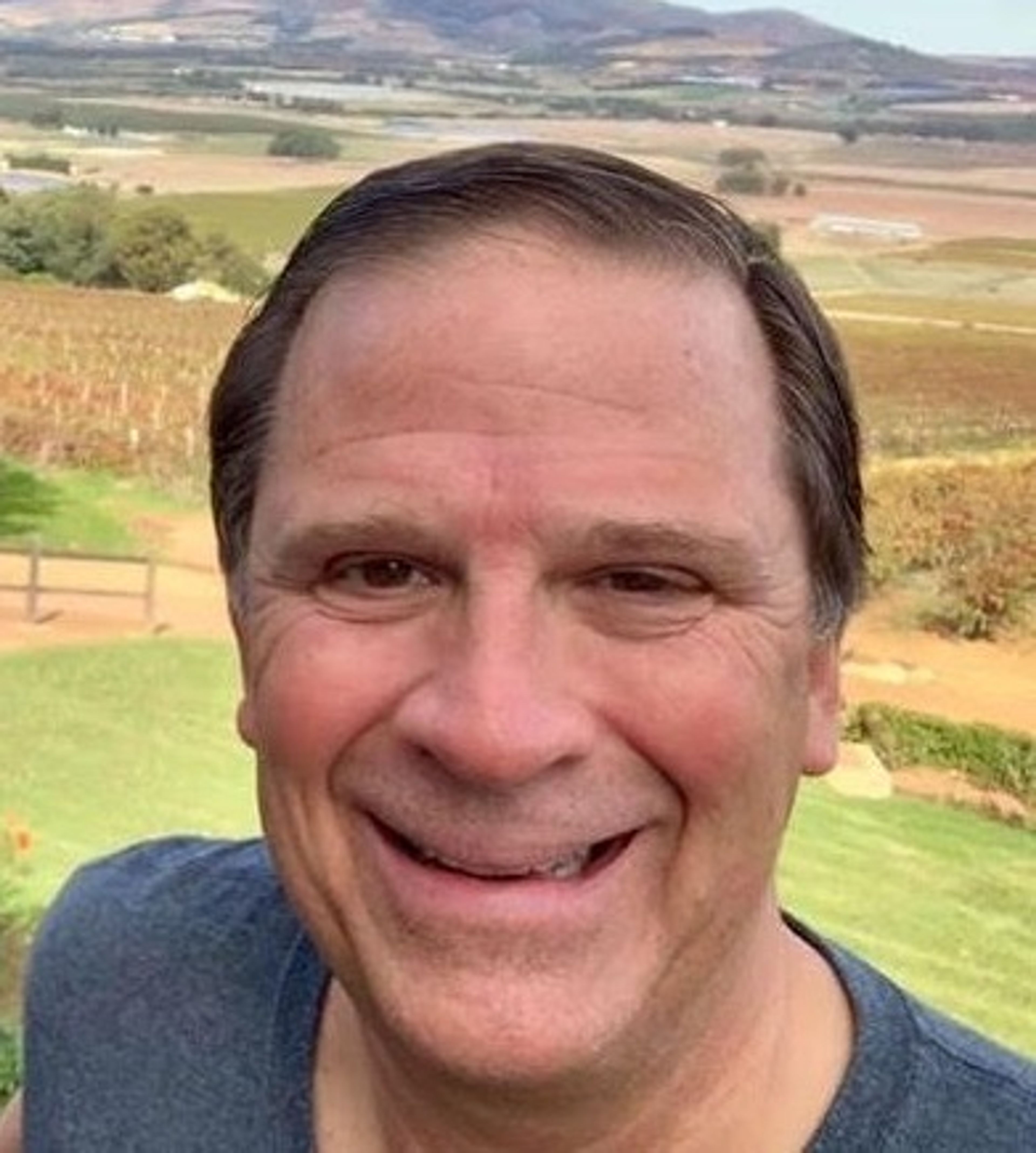Idaho’s gutless politicians
The Snake River dams report released last week demonstrates that Washington Gov. Jay Inslee and Sen. Patty Murray have finally come to the table on the four Lower Snake River dams.
While there is still a long way to go before they actually support legislation for dam breaching, their study represents a valuable step in the right direction. Murray and Inslee have, at the very least, done their jobs; listening to constituents and stakeholders and considering new and diverse opinions. Now, we wait for Idaho’s elected leaders to do the same.
While Rep. Mike Simpson has been a fierce advocate for restoring the Lower Snake River and finally making Northwest communities whole, he is alone among our state’s political giants. Despite recognizing that the status quo with four Lower Snake River dams is not working for Idahoans, Gov. Brad Little has refused to even consider dam breaching; Sen. Mike Crapo has stated that the dams are driving wild salmon to extinction, but he has refused to take any real action; and, when you write to Sen. James Risch about anything to do with the Lower Snake River dams, he responds with the same form letter he’s been using since 2018: blaming it all on the sea lions. These are Washington dams killing Idaho salmon. One would think that our delegation would be up in arms demanding their removal.
I envy my friends across the border. Though the road from Moscow to Pullman is less than 10 miles long, our communities are light years apart. Washington politicians act on their principles. Idaho politicians are gutless.
Lynnsean Young
Moscow
Hardened hearts
Scotty Anderson has written that we need to “harden” the targets (our schools) against the threat of mass shootings to keep the children safe. Schools have not only classrooms, but hallways, lunchrooms, bathrooms, offices and gyms. They also have playgrounds, tracks and stadiums. Shootings have happened in all those places.
Let’s think about some other places the children of Moscow and Pullman go as part of their normal activities. For example, they attend churches, go to the library, play at the park, ride on bike paths, swim in swimming pools, go shopping alone or with their parents at shopping malls, grocery stores and the Farmers Market, eat at restaurants, see movies and plays. Shootings have happened in all those kinds of places, too.
How would we, how could we “harden” all those targets? I fear that for those who love the idea of unfettered access to any sort of gun for just about anyone, the only thing that has been effectively hardened are their hearts.
Sue Engels
Moscow
We must act on guns
Yet another op-ed today (Daily News, June 15), this one from Ronald Reagan’s son, advocating for passing sensible gun laws, but with the caveat that his dad would have wanted it legislated by the states. But we’re not seeing much chance of that happening, even though a majority of the public, old and young, want to know they are safe to gather and children are safe in the schools. This fact confounds me. I get a queasy feeling, I think about moving away, some place safer, some place, like Australia. When there was a mass shooting there, they passed strict gun laws and started a buyback program for guns. That was pretty much the last mass shooter episode in that country. Other places are safe, too. Like most countries in Europe (unless they are defending themselves in a war with Russia).
But then I think, OK, we can’t pass common sense gun laws here, I move to safety, but what about those I love? How do I protect my family, my friends? Then I give up the dream of retirement in Lisbon and return to work for gun safety here. I have to believe it can happen. So here is where I get preachy.
If you must have a gun in your home, lock it up. Talk to your neighbors about guns. That’s a start. Is there reason to be concerned about a young man in your church, your neighborhood? Say something. Is there a chance that a background check law is being debated? Lend your voice. Give money to organizations like Gabby Giffords and Mothers for Common Sense Gun Laws. None of us is safe until all of us are safe.
Then hope your community, our community is spared the incredible grief and sorrow of a mass shooting.
Zena Hartung
Moscow
Bison by the numbers
Ben Long got off on Theodore Roosevelt (Daily News, June 15) rather than stick to the bison. Here are some figures gleaned from scientific publications. There are about 350,000-400,000 bison in at least 2,500 herds consisting of 10 to 1,000s of individuals. Approximately 20,000 plains bison in 68 herds are managed on government and conservation organization lands.
Eighteen herds are managed as wild behind fences and another 20 herds are managed as wild under natural selection without fences. The estimate of mature bison sans calves is 12,000, but only six free-ranging herds totaling about 4,000 occur on rangelands and all of these are outside of the historic stronghold of the northern and central great plains. These figures are all approximate.
Hybridization with cattle is well known to make most of the bison less than pure to the original genome. Even Yellowstone, Wind Cave and the Henry Mountains herd in Utah have a bit of cattle genetics although studies indicate no reduction in fitness is apparent. Elk Island National Park in Alberta may have the purest plains and wood bison around.
The Blackfeet Tribe has introduced bison from Elk Island. The herd is in a huge, fenced pasture, occasionally visible from the highway and will hopefully spread into Glacier National Park and the Badger-Two Medicine country. Their manager says it best: “they are just coming home.”
Jim Peek
Hope, Idaho
Protect small businesses
Small business owners like myself thrive on competition in the marketplace. It pushes companies to innovate and provide the best products and services to consumers. Unfortunately, big tech companies like Amazon, Google, Meta and Apple are stifling competition with monopoly practices that crush small businesses.
The online marketplace used to be a tool for small businesses to grow their customer base, create jobs and test new ideas. Over time, big tech companies have become so dominant that they can gatekeep the online marketplace by disadvantaging competitors and swallowing their profits. They also use monopolist rent-seeking behavior that increases costs to consumers and provides worse products than in a competitive environment. Bipartisan members of Congress saw big tech companies skirting antitrust regulations, so they drafted the American Innovation and Choice Online Act (S.2992) to safeguard businesses and consumers.
Idaho Sens. Mike Crapo and James Risch, and Idaho Rep. Russ Fulcher must support S.2992 to protect Idaho business owners and consumers. Our economy is built on innovation, which can only happen when we protect competition and prevent unilateral market power.
Erik Berg
Boise







